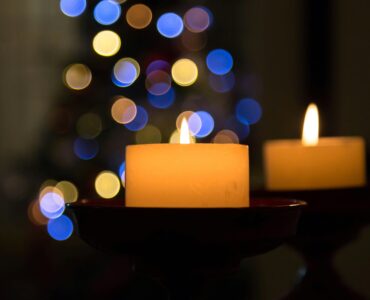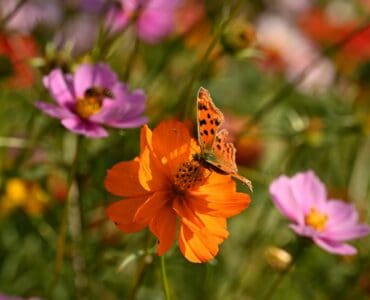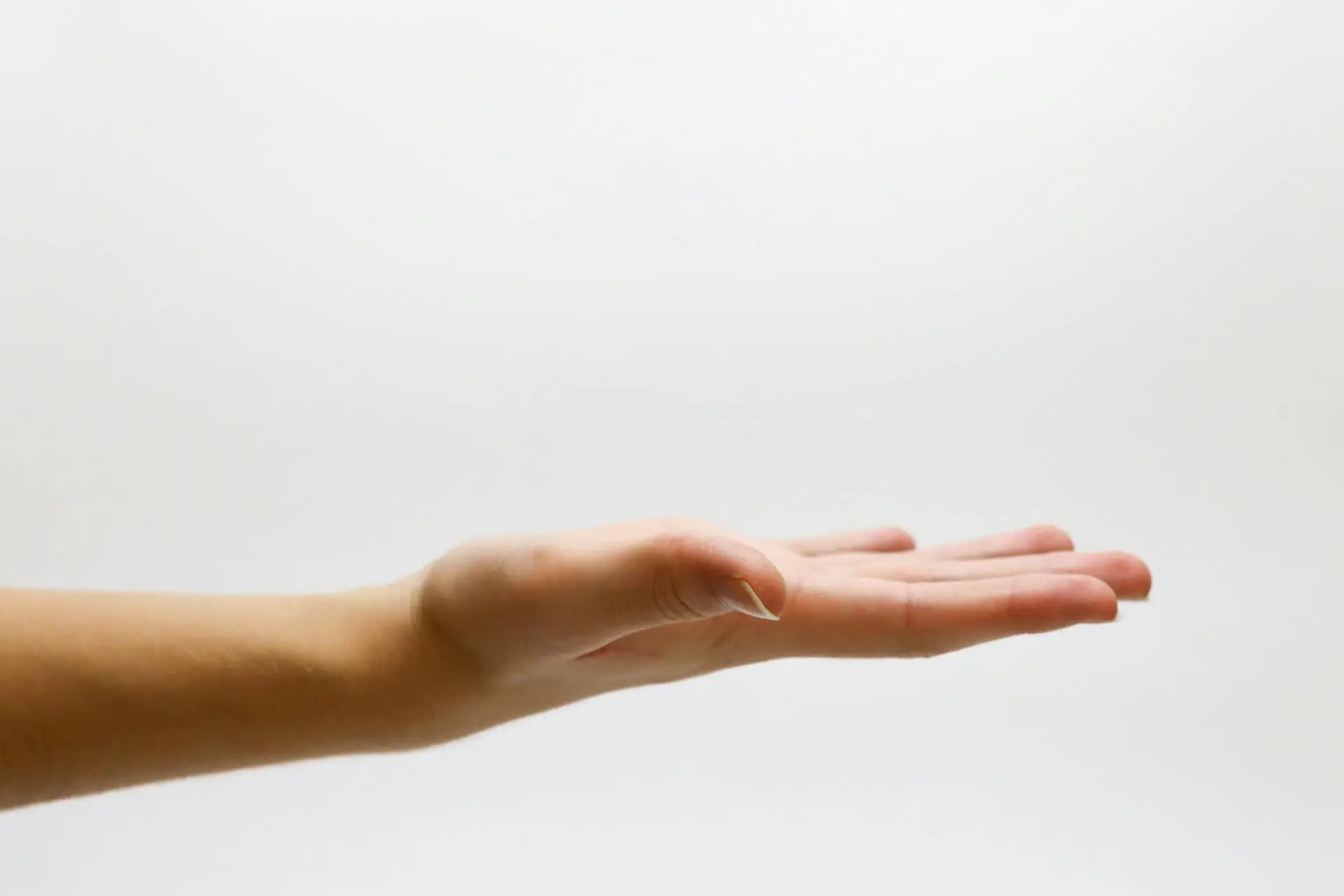While the overall numbers as a percentage remain small (about 9% of all new cases of breast cancer in the United States are found in women younger than 45 years of age) there is a disturbing trend pointing to a rising incidence of breast cancer in young women in their 20s and 30s.
New research coming out of Canada shows that among those in their 20s, there were, on average, 5.7 cases per 100,000 people of breast cancer annually between 2015 and 2019, up from 3.9 cases per 100,000 between 1984 and 1988 – a 45.5-per-cent increase. For 30-somethings, there was a 12.5-per-cent increase over the same period.
This Canadian data confirms similar research in the US. As reported this year in the Journal of American Medicine (JAMA), a population-based cross-sectional analysis of more than 200,000 women under 50 showed an increase in breast cancer incidence rates among young US women and observed an age-related crossover between non-Hispanic White and Black women.
Breast cancer in young woman a public health problem
Breast cancer in young women is now considered a public health problem considering its substantial morbidity and mortality as well as the burden of disparities existing in the care of these patients.
Here’s why the alarm bells are going off.
First and foremost, women under the age of 40 are not routinely screened for breast cancer. Their only defence is body awareness and self-checks. And yet, even though more than half of the time, women detect breast cancers themselves when they notice an unusual breast change, self-exams are no longer an advised standard practice by doctors (Editorial note: I am not a doctor but I violently disagree with this as a practice by the way).
There is also a worry that in believing they are low-risk, many young women do not perform self-exams regularly.
When they do present with a concern and/or find a lump, women often face an uphill battle in convincing their family doctors to do something about it. Physician training has not yet caught up with the new research pointing to an earlier rate of occurrence. As such, many general practitioners still regard breast cancer as an older woman’s disease. I have heard many stories from women in their 20s, 30s and 40s who had their concerns dismissed, and who were told by their doctor they were “too young.”
Breast cancer in young women often found later
Breast cancer in young women is more likely to be found at a later stage and is often more aggressive and difficult to treat. This is particularly true for young African American women, who already tend to develop more aggressive forms of the disease and who often experience disparities in care.
Breast cancer at any age is a terrible thing. As a woman diagnosed in my 50s, I know only too well the toll it takes on one’s mental health, body, feelings of self-worth and family relationships.
But in my humble opinion, young women with a breast cancer diagnosis have an even greater burden to carry.
These women are in the prime of their life. They are building their careers. They are dating or are newly married. They may be considering children or raising a young family. They not only face concerns about body image. Breast cancer also impacts their sexual health, and fertility, and creates a significant financial burden.
They have to think about and make quick decisions about egg retrieval. They have to manage work and young family responsibilities while in treatment. They worry they may never see their children grow up. Some have partners who walk out on them because they are “boob men.” They must take regular painful injections to put their ovaries asleep, or have their ovaries removed completely. They are thrust into immediate menopause with all its accompanying issues of weight gain, sleep disturbance, hot flashes and achy joints. They live, as we all do, with the constant threat of recurrence.
Why is the incidence of breast cancer in young women rising? For some, like Angelina Jolie, it is due to genetic mutation or familial risk. But for those without a family history, the reasons for occurrence are still understudied and poorly understood. Let’s hope that this new research catalyzes change so that we can get to the root cause(s) of breast cancer in young women — before it is too late.




